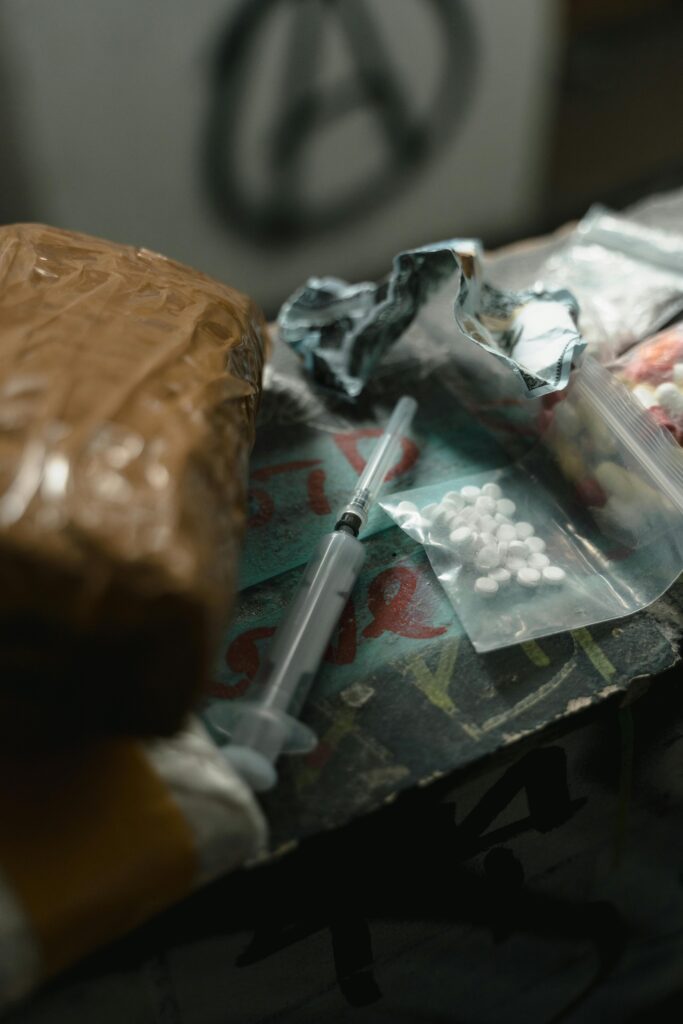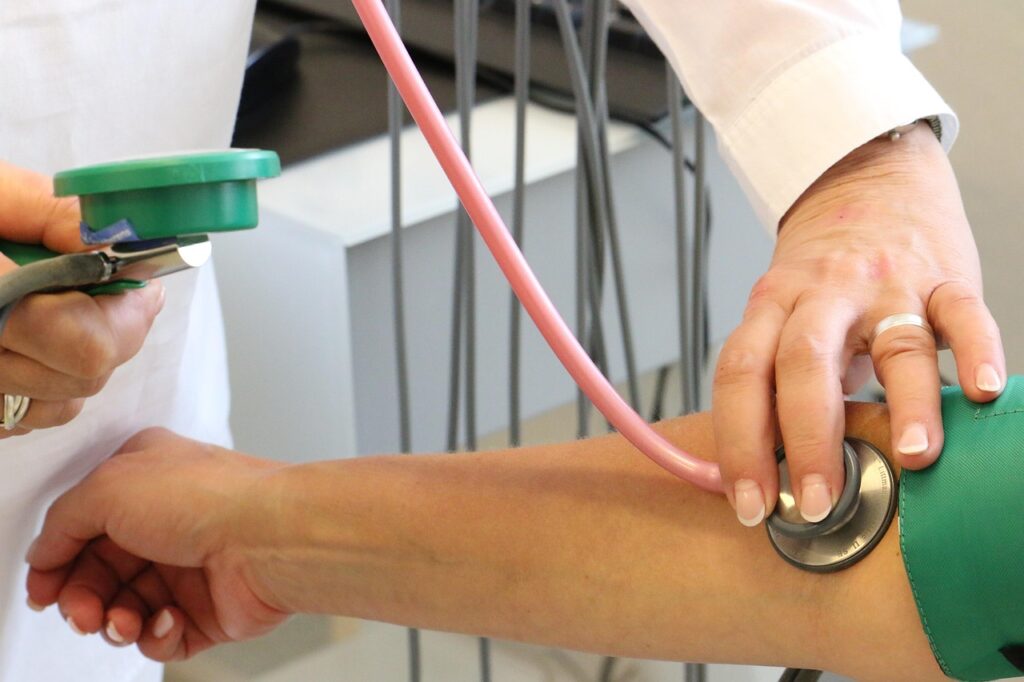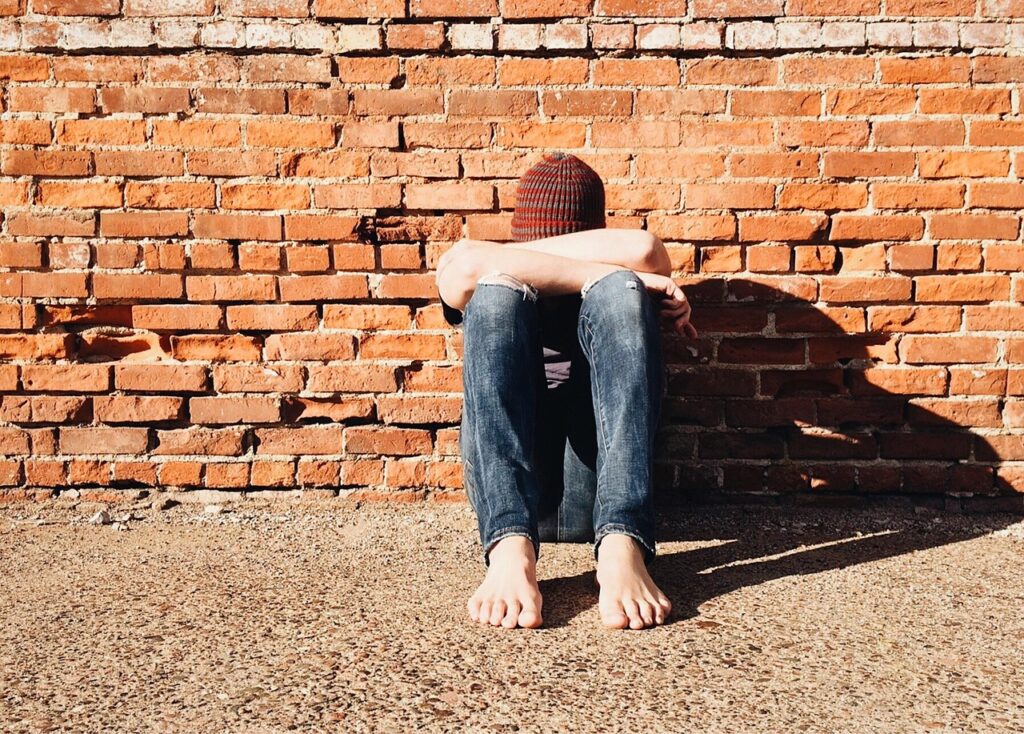Struggling with heroin use? We’re here to Help you
Heroin Addiction Treatment
Heroin is a powerful and fast-acting opioid that causes intense physical dependence and a high risk of fatal overdose. At Quadrant Health, we provide a full continuum of care to help individuals safely detox from heroin, manage withdrawal symptoms, and rebuild their lives through evidence-based therapy, medical oversight, and compassionate support.
At Quadrant, we guide individuals toward lasting recovery from heroin use. Don’t let it take your life away.
Understanding the dangers of this illicit opioid
What is heroin addiction?
Heroin addiction is a chronic condition marked by compulsive drug-seeking and use despite harmful consequences. As a derivative of morphine, heroin rapidly enters the brain and binds to opioid receptors, causing euphoria followed by drowsiness and slowed breathing. This creates a high potential for dependence, especially with repeated use. Heroin can be injected, snorted, or smoked, and is often mixed with other substances like fentanyl, increasing overdose risk. Long-term use leads to physical deterioration, emotional instability, and increased risk of infectious diseases.

Spotting the signs can save a life
Recognizing heroin addiction early improves the chances of successful treatment. Individuals may present with physical and behavioral changes such as drastic weight loss, skin infections, track marks, and chronic lethargy. You may also observe:
- Frequent flu-like symptoms
- Changes in behavior or social circles
- Neglecting responsibilities or hygiene
- Nodding off during conversations
- Drug paraphernalia like needles, rubber tubing, or burned spoons
If any of these apply, call us today for a confidential assessment.
Why some individuals are more vulnerable
Several factors increase the risk of heroin addiction, including a history of prescription opioid misuse, mental health disorders such as depression or PTSD, trauma exposure, and a family history of substance use. Environmental influences like peer pressure, poor social support, and early exposure to drugs also contribute. The transition from prescription opioids to heroin is especially common due to heroin’s lower cost and stronger effects.
Don’t hesitate to call for help.
Recovering from heroin addiction Is Possible
Watch stories from our alumni who’ve overcome heroin addiction and rebuilt their lives. Our network of accredited facilities provides hope, healing, and lifelong support.
the dangers of heroin Addiction
Devastating effects that touch every aspect of life
Health & social risks
Heroin addiction damages nearly every organ system. Chronic use leads to respiratory depression, heart lining infections (endocarditis), kidney and liver dysfunction, and reproductive issues. Neurologically, it alters brain structure and function, impairing decision-making and impulse control. Social consequences include loss of employment, strained family ties, incarceration, and homelessness. The stigma surrounding heroin use can further isolate individuals and discourage them from seeking help.


Cocaine Overdose, what do do
Heroin overdose is a leading cause of opioid-related deaths and can occur suddenly, even in first-time users or those with reduced tolerance. Mixing heroin with other depressants like benzodiazepines or alcohol drastically increases this risk. Overdose symptoms include slow or stopped breathing, bluish lips and nails, limp body, and unconsciousness. Naloxone (Narcan), if administered quickly, can reverse opioid overdose, but emergency medical care is essential.
If you suspect a cocaine overdose, call 911 immediately. Do not leave the person alone, and try to keep them calm and in a safe position while waiting for emergency responders. Be sure to inform responders about any known drug use to help guide treatment decisions. Quick action can mean the difference between life and death.
Why you shouldn't detox cold-turkey
Withdrawing from heroin is extremely difficult and often leads to relapse if done without medical support. Symptoms can start within 6–12 hours of the last dose and range from severe physical pain to psychological distress. At-home detox lacks the safety net of medication-assisted treatment, professional monitoring, and mental health care, putting individuals at risk of complications or return to use. Supervised detox ensures a safer, more stable transition into recovery.
Cocaine withdrawal symptoms: What to expect
Withdrawal severity is influenced by the duration and intensity of heroin use. Common symptoms include:
- Mild: Restlessness, muscle aches, tearing, and yawning
- Moderate: Dilated pupils, sweating, nausea, chills, and insomnia
- Severe: Vomiting, diarrhea, depression, rapid heartbeat, and intense cravings
Some of these symptoms can become overwhelming quickly. This is why medical supervision during detox is essential.
The phases of cocaine withdrawal:
Ambien withdrawal occurs in stages, and the timeline can vary depending on factors like duration of use, dosage, and co-occurring substance use:
Acute phase
Shows during the first 3–5 days, and is the most physically intense phase with flu-like symptoms, anxiety, and insomnia
Subacute phase
Appears after 1–2 weeks, with emotional instability, irritability, cravings, and energy loss
Protracted withdrawal
Can last weeks to months, with persistent sleep issues, mood disorders, and diminished stress response, increasing relapse risk
Trust quadrant health to detox from heroin safely
Our medical detox programs are designed to keep you safe and supported through every stage of heroin withdrawal. We provide:
24/7 monitoring by clinical staff
Round-the-clock supervision ensures your safety, manages complications early, and provides peace of mind during the stages of withdrawal.
Medication-assisted treatment (MAT)
Medications may be prescribed to ease the discomfort of heroin withdrawal and prevent dangerous symptoms. This helps stabilize the nervous system.
hydratation, nutrition and sleep support
It often disrupts sleep and appetite. We help rebalance your body with proper hydration, healthy meals, and sleep-focused care to promote healing.
Mental health and emotional support
Our licensed professionals are here to help you manage anxiety, mood swings, and psychological stress, providing stability during the process.
Complete treatment for Heroin Addiction
Every step of care under one trusted roof
At Quadrant Health, we recognize that lasting recovery from heroin addiction requires a personalized and flexible approach. That’s why we offer a full continuum of care, allowing each individual to enter treatment at the stage that aligns with their clinical needs and progress through levels of support without disruption. From intensive medical stabilization to outpatient programs, our integrated treatment model ensures consistency, trust, and long-term support every step of the way.
Detoxification
Residential Inpatient
Partial Hospitalization
Intensive Outpatient
Virtual Intensive Outpatient
Dual Diagnosis
Why Quadrant health?
At Quadrant, your recovery is our priority. We combine proven clinical expertise with compassionate care to guide you through every stage of heroin addiction treatment. Our experienced team of licensed professionals creates personalized plans that integrate evidence-based therapies, holistic modalities, and dual diagnosis support when needed. With luxury, well-equipped facilities and a supportive, judgment-free environment, we offer more than just heroin rehab. We offer a path to lasting transformation. Here, you’ll find the structure, flexibility, and care needed to rebuild your life, your way.
Explore:
Therapies we offer:
Frequently asked questions
What is heroin made from?
Heroin is synthesized from morphine, a natural substance derived from the seed pod of the opium poppy plant. It’s an illegal opioid with no accepted medical use in the United States.
How addictive is heroin?
Heroin is one of the most addictive substances, with both rapid physical dependence and strong psychological cravings. Repeated use alters brain function, making it extremely difficult to quit without help.
What are the short-term effects of heroin use?
Heroin produces intense euphoria, drowsiness, slowed breathing, nausea, and warm flushing of the skin. Even short-term use can lead to respiratory depression and risk of overdose.
What does heroin withdrawal feel like?
Withdrawal symptoms range from flu-like discomfort (aches, chills, nausea) to severe anxiety, insomnia, and drug cravings. These symptoms can begin within hours of the last dose.
Can you overdose from a small amount of heroin?
Yes. Even a small dose can lead to overdose, especially if tolerance has dropped or the heroin is laced with stronger opioids like fentanyl.
What is fentanyl-laced heroin?
Fentanyl-laced heroin contains a synthetic opioid that is up to 50 times more potent than heroin. It significantly increases the risk of overdose and death, even in experienced users.
Can heroin use cause permanent brain damage?
Yes. Chronic use can alter brain structure and function, especially in areas related to decision-making, impulse control, and emotional regulation.
Is detox alone enough to recover from heroin addiction?
No. Detox addresses the physical aspects of addiction, but long-term recovery requires therapy, skill-building, and relapse prevention through ongoing treatment programs.
Will insurance cover heroin addiction treatment?
Most insurance plans, including Medicaid and private insurers, offer coverage for addiction treatment. Our admissions team can help you verify benefits and discuss financial options.
How long does heroin addiction treatment take?
Treatment duration varies, but many programs range from 30 to 90 days, followed by aftercare. The best outcomes are often associated with longer, sustained engagement.
How do I get started with treatment?
Getting help starts with a confidential assessment. Call our admissions team today to discuss your symptoms, verify insurance, and find the right level of care for your recovery.

